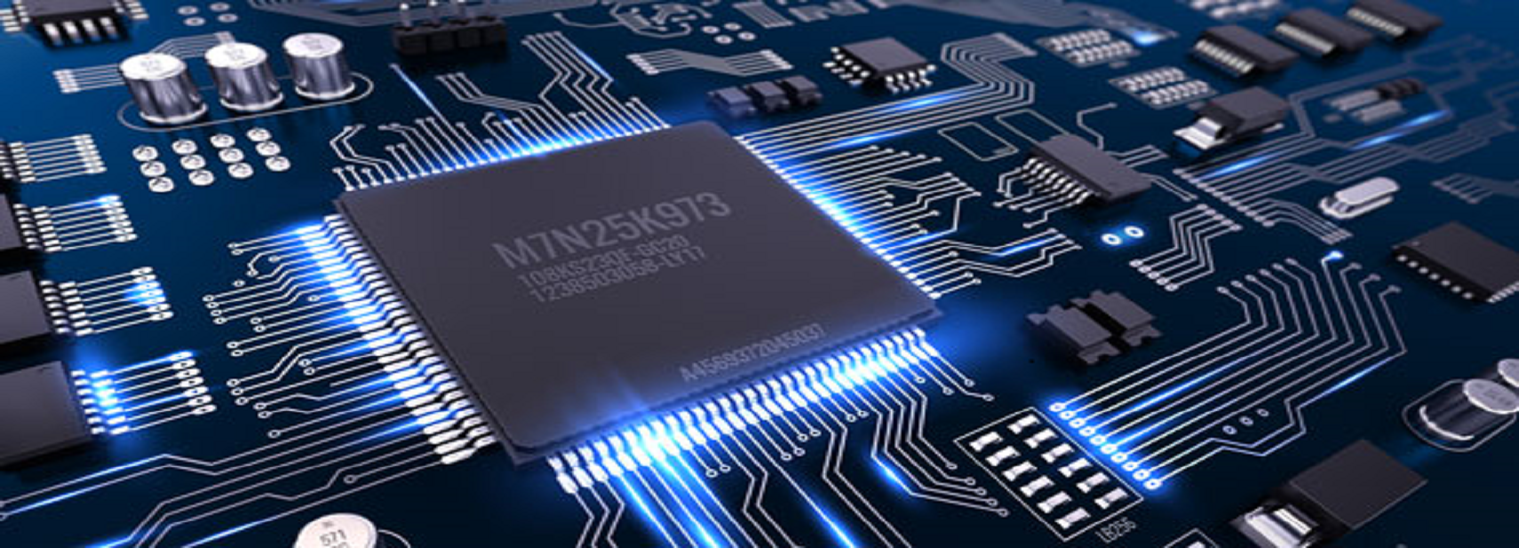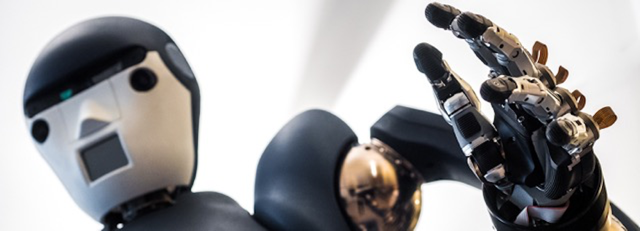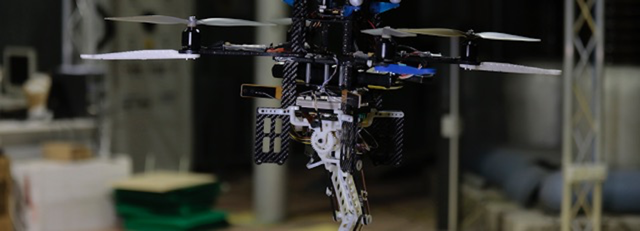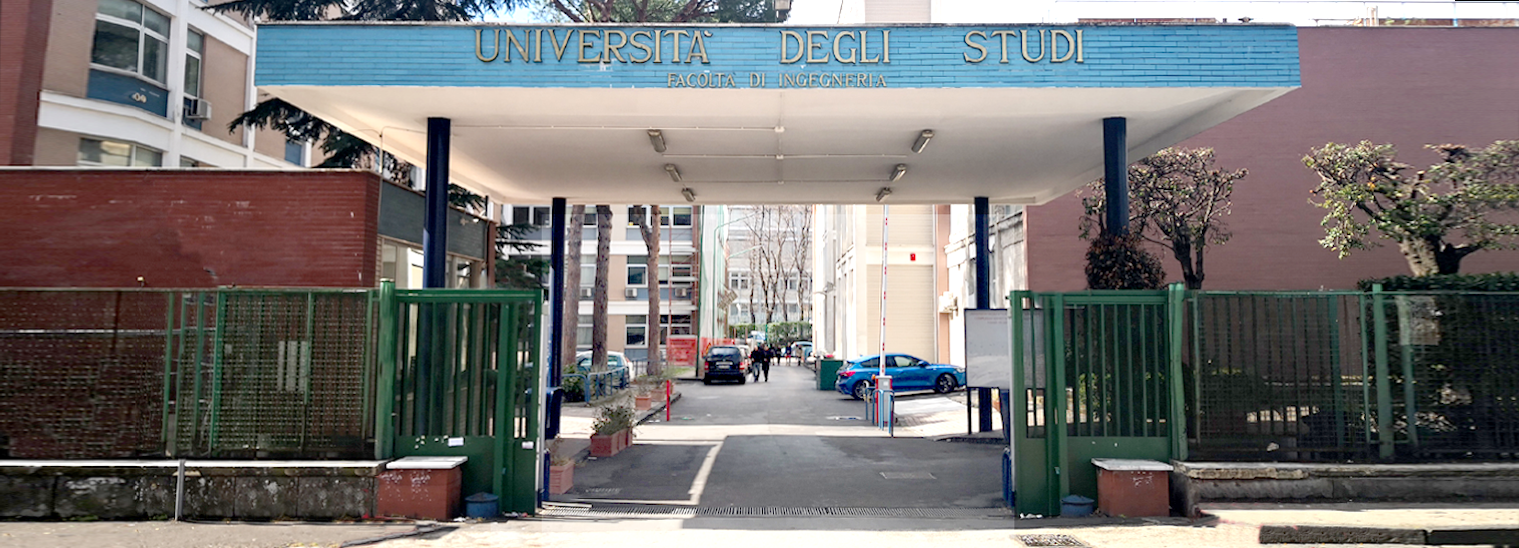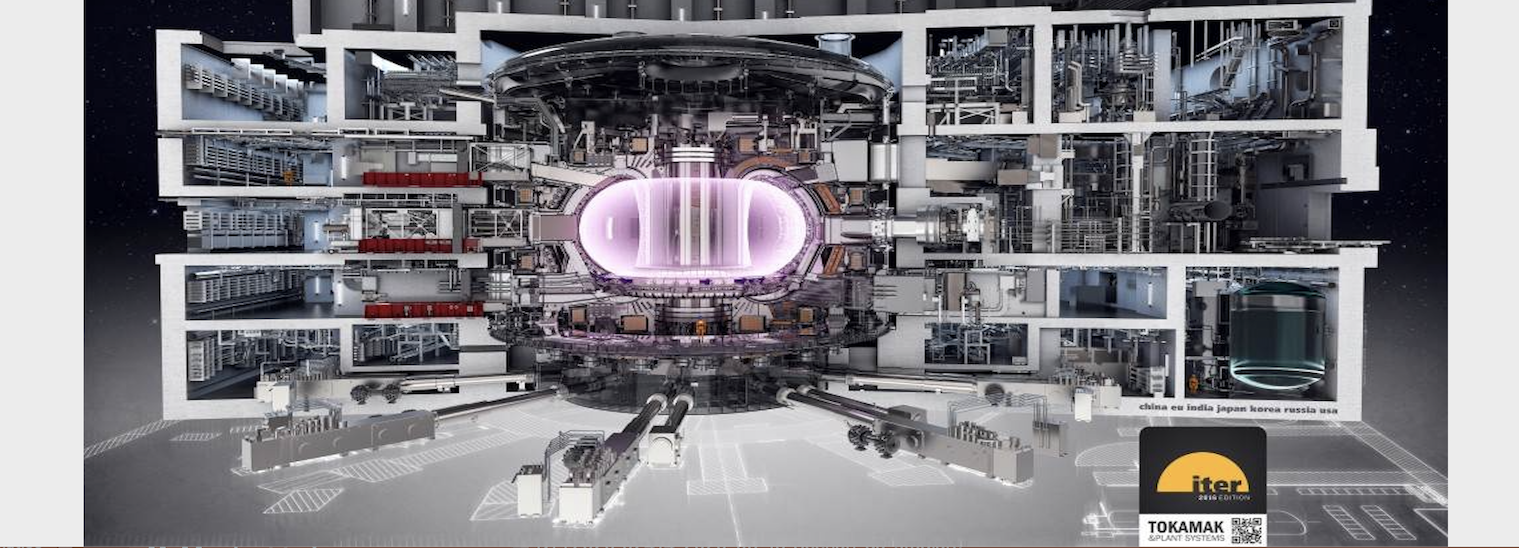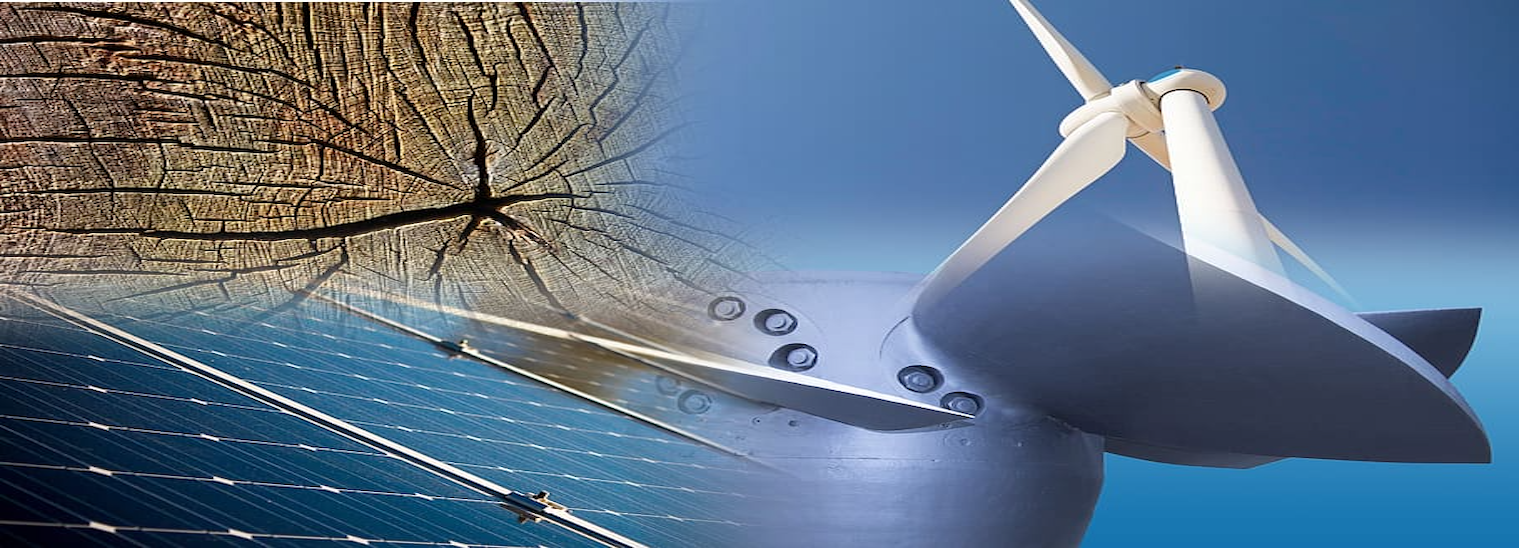Objectives, Organization and Activity Plan
Objectives
The ITEE PhD program provides education and training to future leading actors in research and innovation in information technologies and electrical engineering in industries as well as in scientific and technological (private and public) institutions. These areas increasingly demand for advanced education and cross-disciplinary competences, and ability to develop new knowledge, methodologies and technologies.
The program admits M.Sc. graduated students from Italy and abroad, owning a solid background and motivated to advance their knowledge and abilities in research and innovation in an internationally recognized scientific context, deemed as Department of Excellence in Italy since 2016. It fosters a multidisciplinary vision of research, rooted in the disciplines mainly characterizing the hosting DIETI Department: Computer Science; Automation and Robotics, Biomedical, Computer, Electrical, Electronic, and Telecommunication Engineering.
Organization
The ITEE PhD program is subject to the University Doctoral Regulation. It is administratively managed by the Department of Electrical Engineering and Information Technologies (DIETI). ITEE is accredited by the Ministry of University and Research (MUR) based on positive evaluation by the National Agency for Evaluation of Universities and Research (ANVUR).
The duration of the PhD program is three years.
Admission is based on a selection process, through an annual open call. Admission to the doctorate involves an exclusive and full-time commitment. A number of positions is reserved to applicants from abroad. An International Welcome Desk service is provided by the University to assist admitted foreign students.
The starting date of every academic year is normally November 1st.
Every student is assigned by the ITEE Board a supervisor (or tutor), and optionally a co-supervisor (or co-tutor). Students may be assigned a co-tutor from the external funding entity too, in case of research themes/scholarships funded by companies or external public or private research institutions.
Bimonthly student reports (BSR) are approved by the PhD Coordinator.
By the end of every academic year, on the basis of a detailed report of the individual activities and research (year-end report), the ITEE Board decides the admission of the student to the subsequent year, or proposes to the Magnificent Rector the exclusion of the student from the program.
At the end of the three-years program, the student has to present to the ITEE Board a detailed report of personal activities and of (co-)authored publications (Activities and Publications Report, APR).
Students will gain the Philosophiæ Doctor title (“Dott.Ric.” or “Ph.D.”) upon successful passing a final exam (“thesis defense”), after the duration of the program. The final exam encompasses the evaluation of an individual doctoral research thesis contributing to the advancement of knowledge or methodologies in the selected field. The doctoral thesis is evaluated before the defense by at least two highly qualified professors (“thesis evaluators”) - possibly belonging to foreign institutions - different from those who contribute to granting the Ph.D. title. The Ph.D. title is granted by the Magnificent Rector of the Federico II University of Naples.
Activity plan
The activity plan is individual: every student shall determine with the supervisor(s) the educational activities to be periodically reported in the personalized study plan.
Individual activity plans of students have to encompass an overall number of at least 180 credits within the duration of the program.
The ITEE PhD study plan envisages three kinds of activities, which all need to be encompassed in individual study plans (according to the rules set below):
- Courses / PhD Schools
- Seminars / Tutorials
- Research
- Tutorship or supplementary teaching activities of undergraduate and graduate students
Every PhD student is expected to spend a study and research period between 3 and 18 (even not continuous) months in an internationally recognized academic or research hosting institution abroad. Activities abroad need to be approved by the ITEE Board in advance.
All the above activities shall entitle students to earn corresponding educational credits.
The number of credits for courses and PhD schools is typically defined by the PhD Board, depending on their duration, level and final assessment. Credits are gained upon successful course completion, as attested by the lecturer, typically on the basis of the final assessment.
The number of credits for seminars is typically 0.2 credits per hour. Students may also earn credits attending tutorials at international conferences. Credits are gained upon successful attendance, as attested by the lecturer or by the Coordinator.
The number of credits for individual research activities is attested by the student supervisor. Research activities include all kinds of not ex cathedra activities, such as: study of books and of the scientific literature; experimental and laboratory activities; attendance to scientific conferences and workshops and to technical meetings; participation to research projects meetings; talks, presentation and seminars; preparation of technical reports, of scientific articles and of the doctoral theses. Study and research periods abroad are included and shall be reported in the research activities.
The organization of the educational activities in individual study plans is expected to adhere to the criteria for the number of yearly credits set in the following table, unless differently agreed with the PhD Board.
|
Year |
Courses (credits) |
Seminars (credits) |
Research (credits) |
Tutorship (credits) |
|
I |
min 20 - max 40 |
min 5 - max 10 |
min 10 - max 35 |
min 0 - max 1.6 |
|
II |
min 10 - max 20 |
min 5 - max 10 |
min 30 - max 45 |
min 0 - max 1.6 |
|
III |
min 0 - max 10 |
min 0 - max 10 |
min 40 - max 60 |
min 0 - max 1.6 |
|
TOTAL |
min 30 - max 70 |
min 10 - max 30 |
min 80 - max 140 |
min 0 - max 4.8 |
The range of yearly credits per kind of activity is driven by the following criteria:
- Attendance to advanced or interdisciplinary courses is expected to be favored in the first half of the duration of the PhD program, with the goal for the student of broadening personal knowledge in areas not covered in own prior MSc career. The categorization of courses is described below.
- In the second year, the individual activity plan is expected to favor deepening knowledge in disciplines related to personal research interests; research activities in the second year start to become prevalent.
- The student is also expected - mainly in the first two years - to attend ad hoc courses for strengthening personal language and computer skills useful for research activities, and courses about research and innovation management and entrepreneurship.
- Lab activities, attendance to conferences and seminars, and study and research periods abroad may take place during the whole PhD program duration.
- In the third year, the student is expected to favor research activities in the scientific area of interest, which will result in the preparation of the doctoral research thesis.
Throughout the whole ITEE program, students may also earn from 0 to 4.8 credits (within the limit of 40 hours per academic year) for tutorship or supplementary teaching activities of undergraduate and graduate students. Tutorship duties need to receive a "nulla osta" (prior to the start of any such activity) by the ITEE Board with the consent of the student, and need to refer to scientific disciplines characterizing the ITEE program. Students willing to be assigned tutorship activities need to send a request (with their supervisor in CC) to the ITEE program Coordinator at the beginning of every academic year; the request has to contain: course title, name of the professor of the course, curriculum of the course (Laurea/Laurea Magistrale/... in ...), semester of the course. In order to be authorized for tutorship within undergraduate or graduate course(s), PhD students need to have passed the exam for the proposed course(s) in their past study career (e.g., in Laurea or Laurea Magistrale, or in the first year od their PhD program if they did not pass the proposed course(s) in their past academic studies). Tutorship activities may be listed by the student in the year-end reports and in the final activity report, approved by the ITEE Board, and in the personal CV.
Courses are categorized in three types:
A) Advanced/interdisciplinary courses
A1) Ad hoc PhD courses
A2) Courses shared with MSc curricula
B) English language, scientific writing, advanced computer skills courses
C) Ad hoc PhD courses on research enhancement, entrepreneurship and intellectual property
Type A1 courses are to be attended by all PhD students whose research area or interests (in a broad meaning) are related to the course topic.
Type A2 courses may be freely selected by students, based on own past studies and on personal study and research interests, upon agreement with their PhD supervisor, with the goal of broadening and deepening personal knowledge and competences. Students may choose to attend other type A2 courses offered in MSc curricula of the Federico II University or of different universities, subject to prior approval by the PhD Board.
Attendance to at least one course of type B in the three-years program is mandatory; unattendance need to be justified to the Coordinator.
Attendance to at least one course of type C in the three-years program is mandatory; unattendance need to be justified to the Coordinator.
Type A1, B and C courses are typically held every other year, allowing students to attend them in their three-years study plan.
Individual study plans not adhering to the above rules need to be motivated and approved by the ITEE Board.
Courses and seminars are listed in the related pages of the ITEE web site.
List of scientific disciplines of the ITEE Phd program
The ITEE PhD program has its roots in the disciplines mainly characterizing the educational and research activities in the DIETI Department: Computer Science, Automation and Robotics Engineering, Biomedical Engineering, Computer Engineering, Electrical Engineering, Electronic Engineering, Telecommunication Engineering, Data Science.
The ITEE PhD program is accredited by the Italian Ministry of University and Research (MUR), based upon evaluation by the National Agency for Evaluation of the University and Research system (ANVUR). The program is accredited since the XXXII cycle. Accreditation for the XXXVI cycle is subject to the verification of the requirements by MUR/ANVUR.
The complete list of the scientific disciplines - according to the national classification of academic disciplines - characterizing the ITEE PhD program is reported below. The 12 disciplines are coherent with the educational objectives of the ITEE PhD program, as per accreditation by MUR/ANVUR. Courses in the ITEE study plan belong to the disciplines in the list. All 12 disciplines are represented in the ITEE PhD Board.
Tutorship or supplementary teaching activities - optionally assigned to ITEE students under authorization of the ITEE Board and with the consent of the student according to Article 17 of the University Doctoral Regulation - need to refer to one of the scientific disciplines in the following list.
|
Discipline |
Code |
|
Electronic engineering |
IINF-01/A |
|
Electromagnetic fields |
IINF-02/A |
|
Telecommunications engineering |
IINF-03/A |
|
Automation engineering |
IINF-04/A |
|
Computer engineering |
IINF-05/A |
|
Biomedical engineering |
IINF-06/A |
|
Electrical and electronic measurements |
IMIS-01/B |
|
Electrical engineering |
IET-01/A |
|
Power electronic converters, electrical machines and drives |
IIND-08/A |
|
Electrical energy systems |
IIND-08/B |
|
Computer science |
INFO-01/A |
|
Operational research |
MATH-06/A |
A printable version of the ITEE PhD Objectives and Activity Plan is available here.








